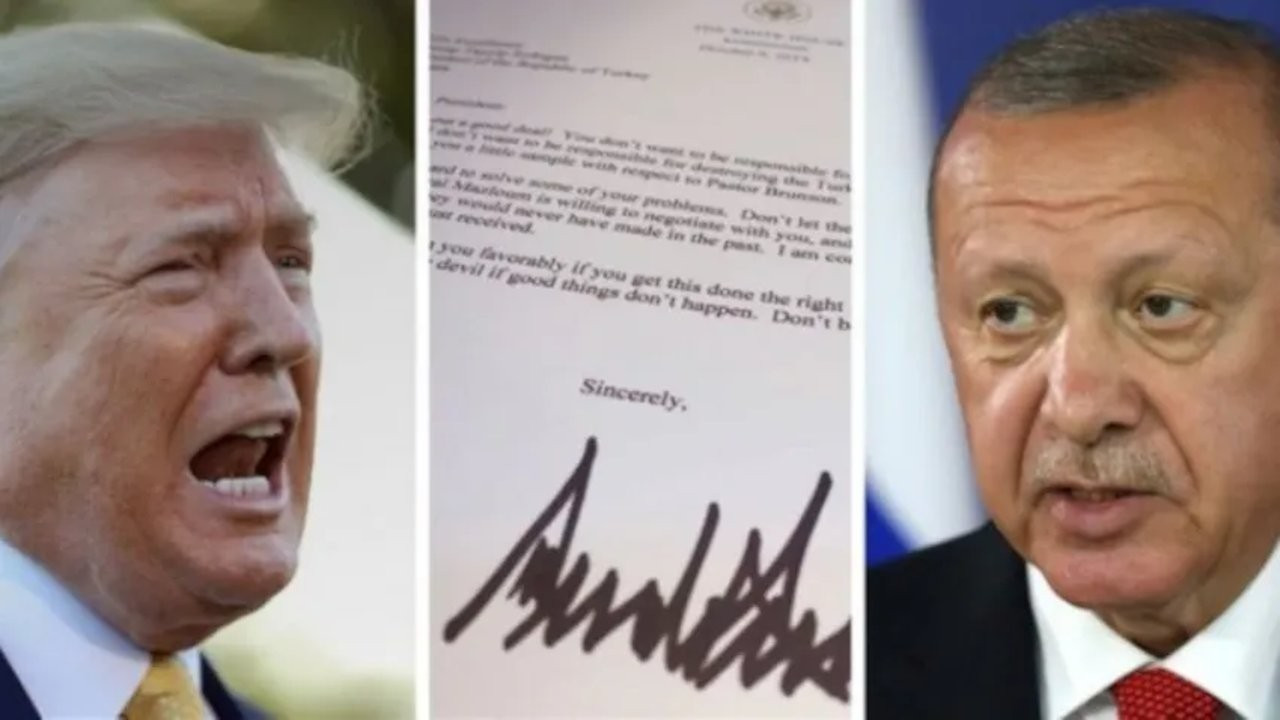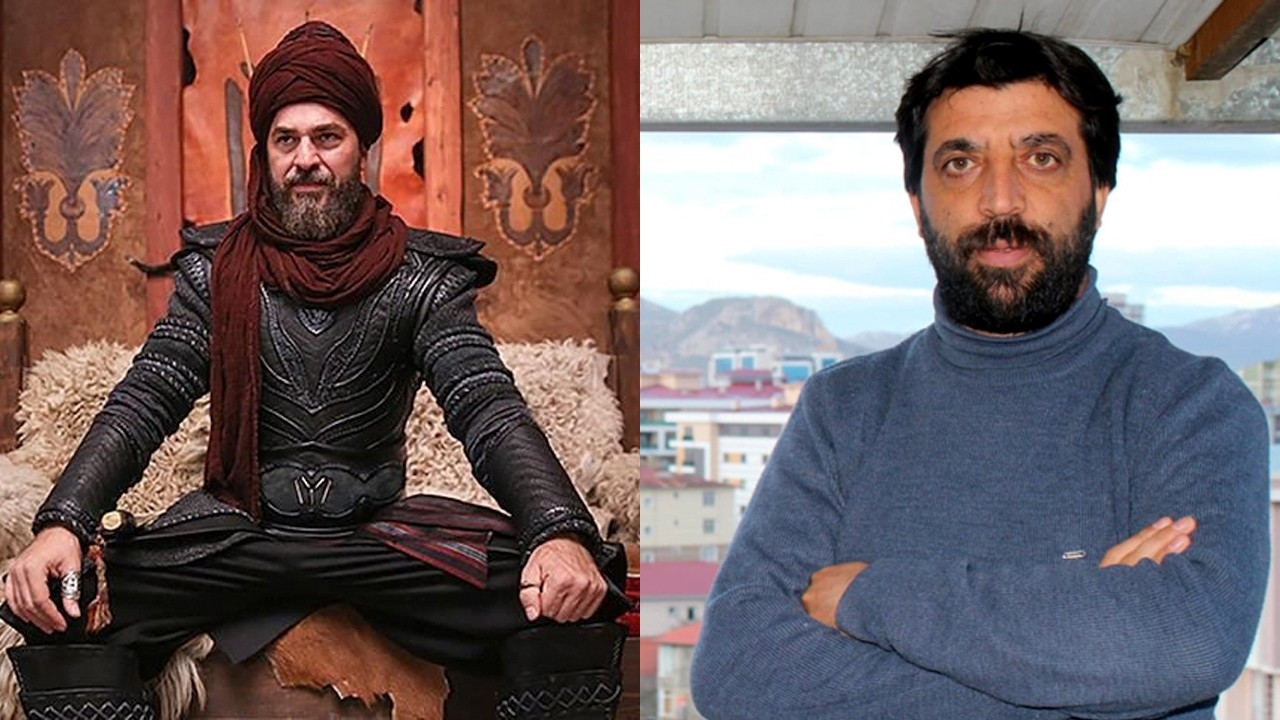Turkey aims to create 'local and national' versions of tech giants
The Turkish Presidency said that it's looking to create domestic alternatives for major tech platforms. "The world is bigger than GAFAM. GAFAM meaning Google, Apple, Facebook, Amazon and Microsoft," said Presidential Digital Transformation Office Director Ali Taha Koç, adding that Russia and China "created local alternatives."
Duvar English
Turkey's Presidential Digital Transformation Office suggested that the country needs "local and domestic" alternatives for the world's five tech giants: Google, Apple, Facebook, Amazon and Microsoft.
"The world is bigger than GAFAM. GAFAM meaning Google, Apple, Facebook, Amazon and Microsoft," Presidential Digital Transformation Office Director Ali Taha Koç said, news portal Ankara Gazetecisi reported on Feb. 28.
Koç was using a phrase similar to that used by President Recep Tayyip Erdoğan to criticize the United Nations Security Council (UNSC). "The world is bigger than five" is Erdoğan's phrase that he uses to slam the influence of the UNSC's five permanent members.
The ruling Justice and Development Party (AKP) is known for its staunch opposition to users' freedom on social media and wants to place social media giants under Turkish jurisdiction. It imposed fines on a number of social media companies in line with a draconian law that was backed in parliament last year.
Censorship concerns
Turkey's new social media regulation went into effect on Oct. 1, 2020 amid intense criticism on censorship, bringing along a string of restrictions for social media companies, including the requirement to open offices in Turkey, and a halving of their bandwidth if they fail to comply.
The first fine was imposed on Nov. 4. The due date set for the companies with over 1 million daily access from Turkey to appoint representatives was on Nov. 2, 2020, but only Russian social media platform VK conveyed the name of its representative to the Information Technologies and Communication Authority (BTK) at the time.
Facebook, Instagram, Twitter, YouTube, Periscope and TikTok were fined 10 million Turkish Liras each for not appointing representatives.
They were fined an additional 30 million liras each for still not appointing representatives on Dec. 3. YouTube, Dailymotion, Facebook and TikTok then announced that they will open offices in Turkey.
Facebook's decision announced on Jan. 19 came a day before the deadline set to impose advertisement bans on companies failing to comply with the law, leaving Twitter as the only company that refused to comply. The advertisement ban will last for three months.
In case the company insists on not appointing representatives within three months after the ban, the next step will be decreasing its bandwidth by 50 percent and it will further decrease by 90 percent if it doesn't abide, which means that access to it will practically be barred.
As part of the new legislation, social media firms must respond to requests by the Turkish government in Turkish and must answer requests concerning "personal and privacy rights" within 48 hours.
The platforms should also publish semi-annual reports on their response rates to such requests.
Social networks that do not comply with court orders to remove content are to be subject to penalties, according to the law. In addition, it also requires social media companies to take measures to host Turkey-based users’ data in the country.
'China and Russia did this'
According to Koç, Russia and China, considered two of the countries that severely lack media freedoms, managed to "create local alternatives" to these tech giants.
"You can't talk about freedoms and democracy when these companies have such big data," Koç said. "In that sense, data safety is almost as important and urgent as the security of our borders."

 Man accused of terrorism for sharing Trump's bizarre letter to Erdoğan on social media in Turkey's DiyarbakırPolitics
Man accused of terrorism for sharing Trump's bizarre letter to Erdoğan on social media in Turkey's DiyarbakırPolitics Turkish prosecutor claims dead Ottoman sultans 'harmed' by journalist's tweets about TV showDomestic
Turkish prosecutor claims dead Ottoman sultans 'harmed' by journalist's tweets about TV showDomestic